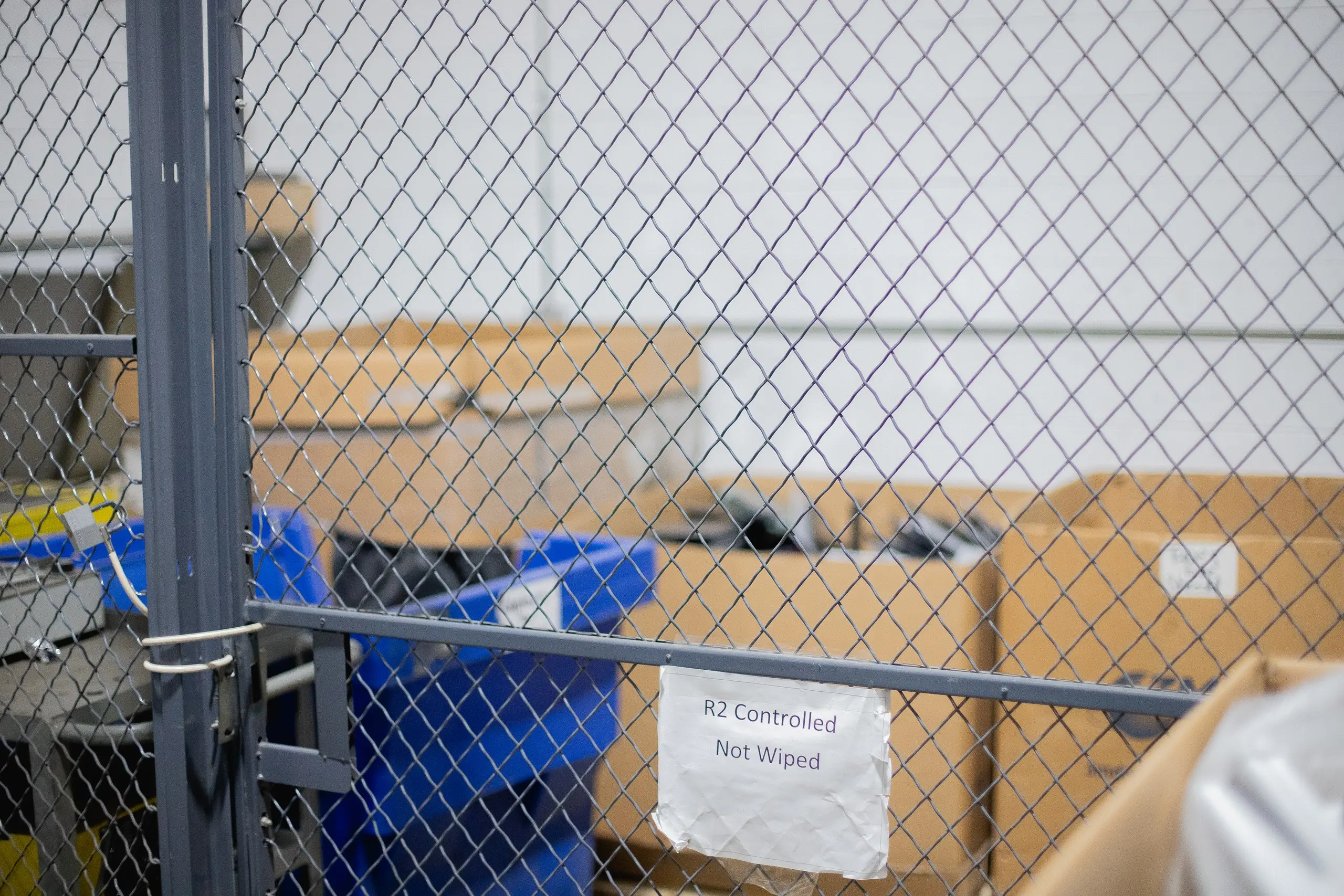A Guide to Electronics Recycling: What Businesses Need to Know
Uncategorized
In today's fast-paced tech world, businesses constantly upgrade electronic devices, generating significant electronic waste (e-waste). Properly recycling this e-waste is essential for both environmental responsibility and data security. Here’s a guide to help businesses recycle electronics responsibly, covering key processes and benefits.
Why Electronics Recycling Matters
E-waste recycling is not just about disposal; it's about reclaiming valuable materials like metals and plastics while safely handling hazardous components like lead and mercury. Recycling electronics responsibly helps businesses reduce landfill waste, conserve resources, and protect the environment.
Steps to Responsible Electronics Recycling for Businesses
1. Conduct an E-Waste Audit
Start by assessing all electronic devices ready for disposal. Documenting this inventory helps create an organized recycling plan and ensures all devices are accounted for.
2. Choose a Certified Recycling Partner
Partner with a certified recycler (R2 or e-Stewards) to ensure compliance with environmental standards. Certified recyclers use safe methods for managing hazardous materials and prioritize data security.
3. Prioritize Data Security with IT Asset Disposition (ITAD)
Data security is critical when disposing of electronics. ITAD-certified recyclers can securely wipe or destroy data before recycling, protecting your business from potential data breaches.
4. Understand the Recycling Process
Certified recyclers sort, dismantle, and process electronics to recover valuable materials like metals and plastics. Non-recyclable components are safely disposed of to prevent environmental harm.
5. Comply with E-Waste Regulations
Many regions have Extended Producer Responsibility (EPR) laws that hold companies accountable for end-of-life product disposal. Ensure your practices align with local regulations to avoid legal issues.

Environmental and Business Benefits
1. Resource Conservation
Recycling recovers valuable resources, reducing the demand for new materials and preventing habitat destruction from mining.
2. Lower Carbon Footprint
Recycling reduces the need for energy-intensive manufacturing of new materials, helping decrease greenhouse gas emissions.
3. Enhanced Brand Reputation
Sustainable practices improve corporate responsibility and brand image, appealing to eco-conscious clients and stakeholders.
4. Potential Cost Savings
Some recyclers offer value for reclaimed materials, and ITAD solutions allow companies to resell or repurpose equipment, creating cost efficiencies.
Tips for a Sustainable E-Waste Strategy
- Educate Employees: Encourage sustainable practices within your organization.
- Implement a Recycling Policy: Set clear guidelines for e-waste handling.
- Schedule Regular E-Waste Collections: Regular pickups prevent e-waste buildup.
- Consider Refurbishment or Donation: Extending device lifespans through refurbishment or donations reduces e-waste impact.
Choosing the Right Recycling Partner
Look for recyclers with R2 or e-Stewards certifications, clear data security practices, and transparency. A trusted partner like Genesis Dome can help businesses manage e-waste responsibly through certified recycling, ITAD solutions, and zero-landfill policies.
Final Thoughts
Responsible electronics recycling allows businesses to protect the environment, conserve resources, and safeguard data. By partnering with certified recyclers and following best practices, companies can minimize their environmental footprint and support a sustainable future. Contact Genesis Dome today to learn how we can support your electronics recycling needs and help your business make a positive impact.
Contact Our Team
From secure electronics disposal to tailored industry solutions, we’re here to help.
Connect with our team today for reliable, eco-friendly waste management services.
